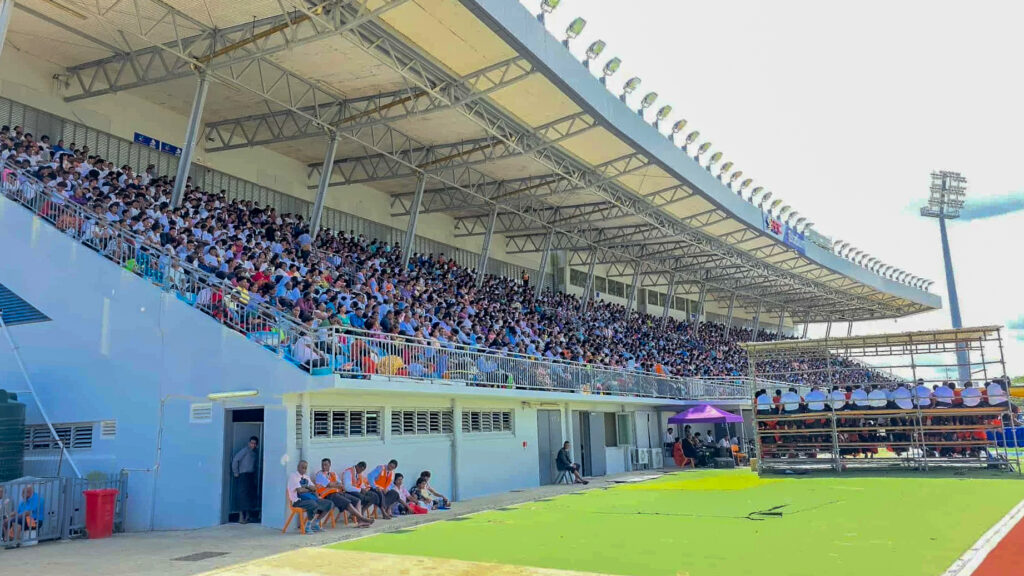A three-year program funded by the European Union (EU) and implemented by the Adventist Development and Relief Agency (ADRA) has been officially handed back to the people after benefiting more than 10,500 Fijians.
At an official handover at the Tanoa Waterfront Hotel (Lautoka) on October 29, the Vakarauwai Fiji Pro-Resilience Project was entrusted to beneficiaries from local communities in Lautoka and stakeholders from ADRA Fiji.
Since it began in 2017, the project has trained a total of 5395 farmers—including 2761 women—in Fiji’s northern and western divisions.
According to project manager Ilimeleki Kaiyanuyanu, the project was designed to improve the resilience and adaptive capacities of vulnerable communities and subsistence farmers, and to reduce food and nutrition insecurity in the provinces of Ba and Macuata.
“The training included drought adaptation, food security, backyard gardening and disaster management and identifying resilient crops that would withstand droughts,” she said. “Agricultural kits were also distributed which included gardening tools and greenhouse materials.”
Chief guest at the event was the commissioner for the western division, Mesake Ledua, who said the project was in line with the EU’s objectives and had improved the resilience and adaptive capacities of vulnerable communities.
Barbra Risken, Pacific head for economic growth and agriculture for the EU, said, “The Pacific region is at the forefront of climate induced disasters. Each natural disaster affects social and economic stability, having an important impact on many households and delaying possibilities for development. Because of the magnitude of the phenomenon, it is important to build resilience.”






